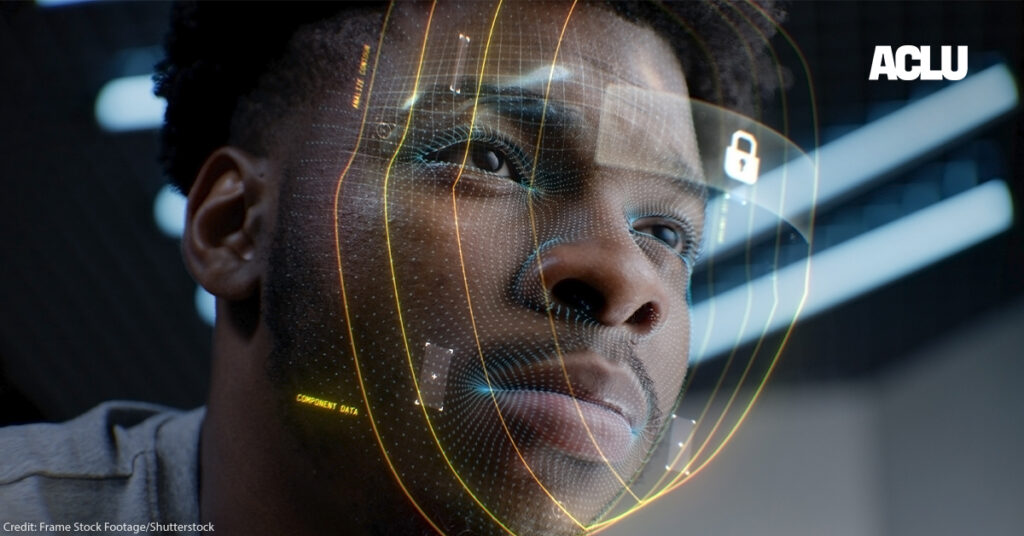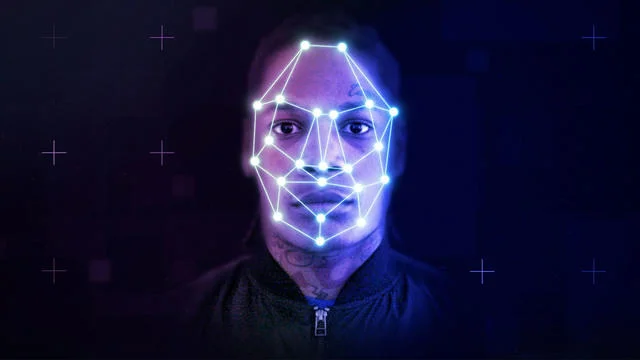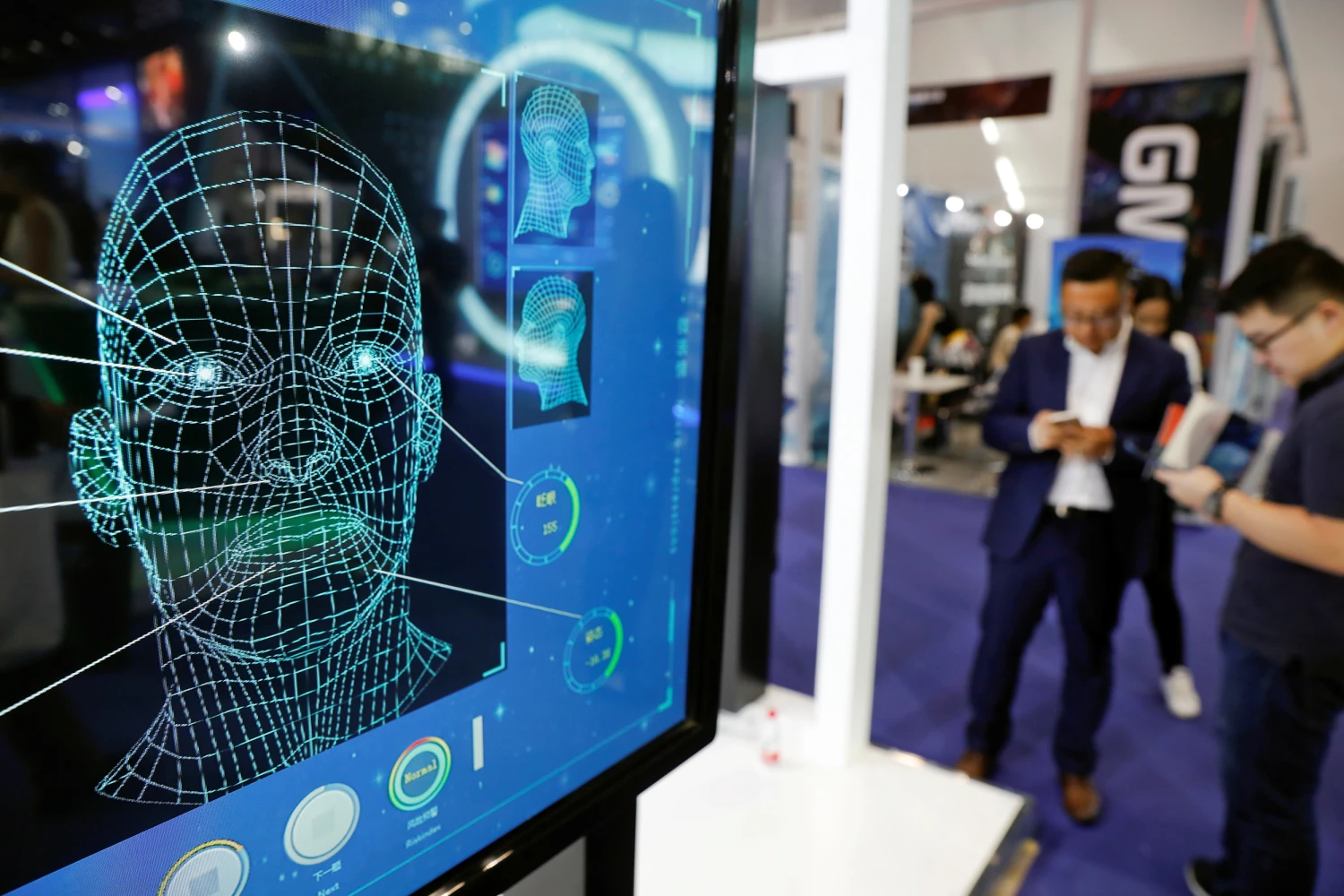Facial Recognition Wrongful Arrests | AI Misidentification Defense 2025
Table of Contents
Introduction
Facial recognition technology was once hailed as a breakthrough for law enforcement. But in 2025, it is becoming a serious legal challenge. Across the United States, defendants are facing wrongful arrests from facial recognition, often due to flawed algorithms, racial bias, and poor oversight.
For criminal defense lawyers, this raises a critical question: How do you defend a client when AI technology is stacked against them?
In this article, we’ll explore how states are responding to the rise of facial recognition wrongful arrests, highlight real-life cases, and outline defense strategies you need to know.
What Are Facial Recognition Wrongful Arrests?
Facial recognition wrongful arrests occur when AI software misidentifies a suspect, leading police to detain or charge the wrong person.
👉 Key Causes:
- Algorithmic bias against minority groups
- Poor-quality images (e.g., security cameras)
- Over-reliance on AI without human review
- Lack of transparency in vendor technology
Live Case Example: Detroit’s AI Misidentification Crisis
In Detroit, several men—including Robert Williams—were arrested after facial recognition software falsely matched them to crimes. Williams was detained in front of his family for a theft he did not commit, sparking national outrage.
This case highlighted how facial recognition wrongful arrests disproportionately impact African American communities. It also forced Detroit’s police department to admit that the technology was unreliable.
👉 Watch this YouTube video on Robert Williams’ case to see how AI misidentification destroyed an innocent man’s reputation.
State Responses in 2025
Different U.S. states are taking different approaches to combat wrongful arrests caused by facial recognition.
- California – Extended its ban on police use of facial recognition in body cameras.
- New Jersey – Courts ruled that defense attorneys must have access to vendor algorithms when facial recognition evidence is used.
- New York – Considering new legislation that restricts law enforcement reliance on AI for arrests.
- Massachusetts – Requires a judge’s approval before police can run facial recognition searches.
This state-by-state divide means that defendants in some states enjoy stronger protections, while others are still at risk.

Defense Strategies Against Facial Recognition Wrongful Arrests
Criminal defense lawyers are developing cutting-edge strategies to fight AI misidentification cases.
- Challenge the Technology – Demand vendor algorithm data, accuracy rates, and racial bias statistics.
- Suppress Evidence – Argue that facial recognition is unreliable and should not be admissible in court.
- Human Error Argument – Highlight that officers relied solely on AI without independent investigation.
- Constitutional Challenge – Claim wrongful arrests from facial recognition violate Fourth Amendment rights against unreasonable searches and seizures.
Emotional & Human Impact
Behind every case of facial recognition wrongful arrests is a real human story:
- Families torn apart by wrongful detention
- Innocent people losing jobs, reputations, and trust in the system
- Communities of color feeling targeted by biased algorithms
The emotional toll is as devastating as the legal battle itself.
Why This Matters in 2025
As AI spreads through policing, the risk of wrongful arrests from facial recognition grows. Defense lawyers, policymakers, and courts must stay ahead of the curve. Otherwise, technology designed to fight crime could erode civil liberties and cause lasting harm to innocent people.

Conclusion
The rise of facial recognition wrongful arrests is not just a technological problem—it’s a constitutional crisis. In 2025, states are divided on how to handle this challenge, leaving defense lawyers to fight aggressively for their clients’ rights.
For defendants, the best protection is having an attorney who understands both criminal defense law and the dangers of AI misidentification.
📌 If you want to understand how AI is changing criminal defense in real time, follow our study resources for more updates on state laws, live case examples, and defense strategies.


Leave a Reply